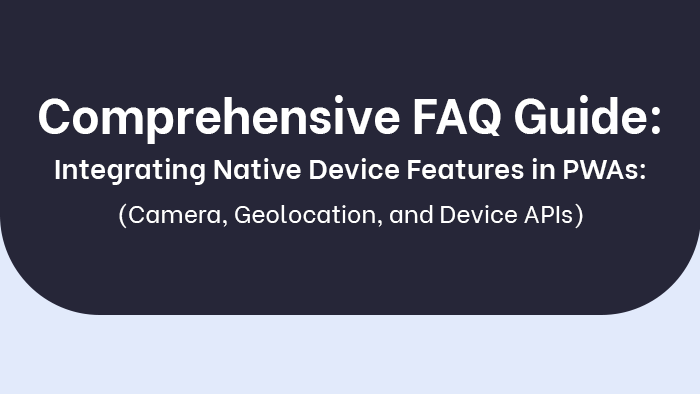
It takes good amount of time to build a mobile app. This article explains required time to build a mobile app
Enterprises are resolving to expand their businesses on virtual platforms to keep pace with the growing competition. A more likely reason is the comfort it offers to customers who can now do almost any task with their mobile phones in a few clicks.
This transformation in the mode of business has brought in and will bring high demands for mobile applications in the future.
As a result, organizations are looking for teams, either internal or outsourced, who can rapidly achieve this milestone for them. After having the team on board, out of all the significant questions that need to be answered, a major concern is how long will it take to build this mobile app which is performance efficient and competent with market contemporaries.
What is Mobile app ?

The answer to this question is crucial as many processes and deadlines would depend on it. But a major twist here is that there is no specific but an expected reply to this question which depends on many factors as discussed below.

Average Expected Timeline for Mobile App Development:
The app development process has many stages. App idea and research, planning, design and idea validation, development, testing, and deployment are the major phases of getting the app ready for release, and consequent maintenance of the app is carried out.
Based on the size of the app, a summation of the average time for each phase gives us the expected time for app development:

Design:Once the idea is solidified, the design team starts creating a mock-up or prototype of what the app could look like. They take into account any feedback from research planning stage to ensure that their design is user-friendly and meets all requirements.

Idea Validation and Testing:
After the design is finalized, it’s time for idea validation and testing.

Step 3: Factors that affect the App Development timeline:
Based on the size of the app, a summation of the average time for each phase gives us the expected time for app development:
Small App
- Scoping and requirement elicitation: 1-2 weeks
- UI/UX designing: 2-3 weeks
- Development and testing: 6-7 weeks
- Beta testing and deployment: 1 week
Mid-Size App
- Scoping and requirement elicitation: 2-3 weeks
- UI/UX designing: 5-6 weeks
- Development and testing: 14-15 weeks
- Beta testing and deployment: 2 weeks
Big App
- Scoping and requirement elicitation : 3-4 weeks
- UI/UX designing: 9-10 weeks
- Development and testing: 20-22 weeks
- Beta testing and deployment: 3 weeks


This sums up to an average expected timeline of 10-13 weeks which is around 2-3 months for a small app, 22-26 weeks which is around 5-6 months for a mid-size app, and 35-39 weeks which is around 8-9 months for a big-sized app.
The above range is a minimum expected timeline that can be affected by external factors which may slow down the process and increase the app development time.
Speeding up the app development process
It is important to note that it often takes longer than the expected deadline for the development process. Many factors might lead to a delay and it is always advisable to avoid such mistakes.
Avoiding common faults:
Many product owners and development teams often make some common blunders that lead to a retardation in the entire process. These include recruiting inexperienced team members, less awareness about technical requirements and team efficiency, using technologies that are complex and new for the development team, and having changes in the middle of the development process might hinder the deadline seriously.
Using modern adaptive software development methodologies:

Prototyping the app and then moving to its implementation help teams avoid mid-project changes and improves understandability for all stakeholders. The agile development method for creating the app can help accelerate the process.
Creating platform-independent apps with automated testing:
Creating a cross-platform app that can run on multiple platforms will save the time and labor of addressing each platform independently in app development. Also using automated testing can expedite the testing process.
Along with the above solutions, having a team of professional developers, going for white label solutions, clarity about the product and technical needs are a few suggestions to steer clear of delay in the development process.

Conclusion:
The app development process is paramount for the success of the virtual presence of the business. But setting a deadline for the process is crucial. This timeline, however, is tentative as the app development process is adaptive due to dynamic fluctuations in the process. If the domain of the app is new it might take a longer time to develop.
Being aware of the expected time for the app development process based on the app size, it is vital to adopt best development practices and avoid common development process loopholes to get the best out of the stipulated deadline.

